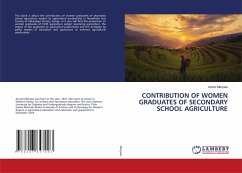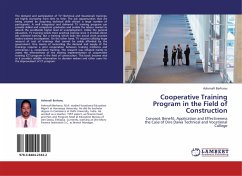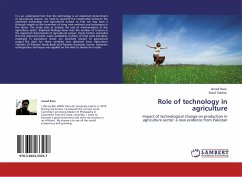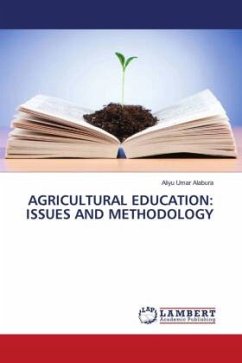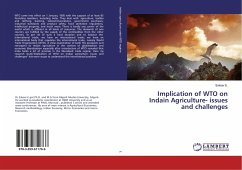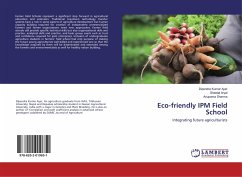
Eco-friendly IPM Field School
Integrating future agriculturists
Versandkostenfrei!
Versandfertig in 6-10 Tagen
24,99 €
inkl. MwSt.

PAYBACK Punkte
12 °P sammeln!
Farmer Field Schools represent a significant step forward in agricultural education and extension. Traditional top-down technology transfer systems have a role in some aspects of agriculture development but human capacity building required for creation of independent commercialized farmers and farmer organizations need new approaches. Farmer field schools still provide specific technical skills but also organizational skills and practice, analytical skills and practice, and basic group assets such as trust and confidence required for joint enterprises. Inclusion of undergraduate agriculture st...
Farmer Field Schools represent a significant step forward in agricultural education and extension. Traditional top-down technology transfer systems have a role in some aspects of agriculture development but human capacity building required for creation of independent commercialized farmers and farmer organizations need new approaches. Farmer field schools still provide specific technical skills but also organizational skills and practice, analytical skills and practice, and basic group assets such as trust and confidence required for joint enterprises. Inclusion of undergraduate agriculture students in farmers' field school had only purpose of making the future young agriculturists well skilled and experienced one so that the knowledge acquired by them will be disseminated and extended among the farmers and environmentalists as well for healthy nation building.





